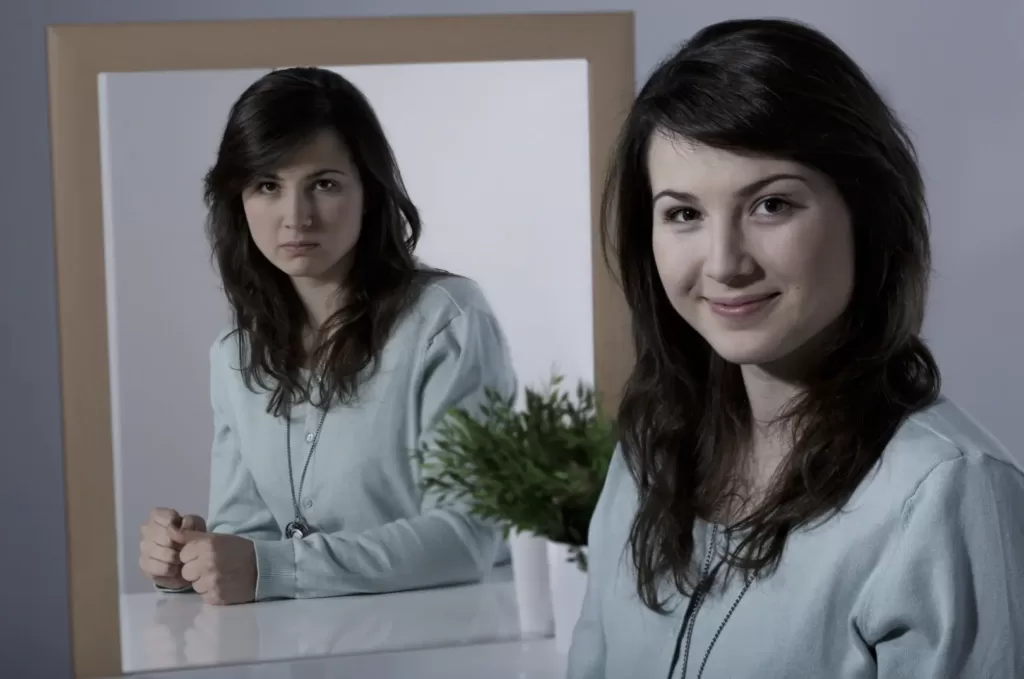Updated on July 19, 2024

Social media can be a complex landscape to navigate. While it connects us to loved ones and acquaintances across the globe, creating a vibrant digital community, it can simultaneously bring feelings of loneliness, inadequacy, and dissatisfaction.
This disconnection between what social media promises and what it often delivers can be a catalyst for depressive feelings for some individuals. An over-indulgence in social media can lead to heightened feelings of anxiety and isolation, intensified by low self-esteem.
While social media can be a tool for connection, it’s also a platform where life is often highly edited and polished. This gap between digital perceptions and reality can leave individuals feeling disheartened and unhappy.
Recognizing this dichotomy is a vital step in understanding the complex relationship between social media and depression.
Deleting Social Media: A Self-Protective Measure or a Cry for Help?
Deleting social media doesn’t automatically indicate a looming mental health crisis. A variety of factors can motivate individuals to distance themselves from social media. These can range from the desire to regain lost time to seeking escape from the pressure of constant comparison, to the longing for a more tangible, offline life.
However, for those grappling with depression, the act of deleting social media might symbolize a broader withdrawal from social interactions and a shrinking away from the world – signs synonymous with depressive symptoms. This might be a veiled call for support, a subtle hint that all is not well.
In essence, it’s not always straightforward.
The Importance of Reaching Out
If you’ve noticed a friend or loved one has suddenly become absent on social media platforms, this could be an opportune moment to reach out to them. However, it’s not about questioning their sudden digital absence, but rather showing them that you’re there, that you value their presence in your life.
You’re not just a digital acquaintance but a real-life friend who genuinely cares about their emotional well-being. Sometimes, a simple ‘How are you?’ can go a long way.
Remember, you’re not prying into their life but offering a safe space for them to share their feelings if they wish. And, you never know, this simple act of reaching out could provide the comfort they need during a tough time.
We live in a world where it’s easy to feel lost and disconnected, and in these times, a sincere, caring message can make a world of difference. It reinforces the idea that even in a world so digitally connected, nothing can replace the warmth and reassurance of human connection and empathy.
Can taking breaks from social media have positive effects on one’s mental health, regardless of depression?
Absolutely, reducing social media usage or taking intentional breaks can have profound positive impacts on mental health, even in the absence of depression.
For many, social media can be a relentless hamster wheel of endless scrolling, comparison, and cyber noise. Extracting oneself from this digital treadmill can provide a much-needed breather, allowing the mind to reset and rejuvenate.
Where Support Services Come In
Navigating the tumultuous sea of mental health can sometimes require more than just the support of loved ones. That’s where professional help comes in.
At Centre Disability Support, we offer tailored support services for individuals with disabilities throughout Australia. We understand mental health issues and provide invaluable care and guidance, that will help you weather the stormy periods of life.
Whether you’re seeking support for yourself, a loved one, or simply wish to learn more about our services, we’re here to help.
ALSO READ
How to Support Someone with Schizophrenia



